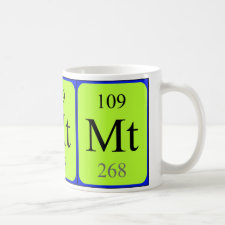
Authors: Luo HY, Wei X, Si NC, Li CX
Article Title: Magnetic Molecular Imprinted Polymer Using β-Cyclodextrin and Methacrylic Acid As Monomers for Selective Adsorption of Thymol.
Publication date: 2013
Journal: Fresenius Environmental Bulletin
Volume: 22
Issue: (11)
Page numbers: 3264-3273.
Abstract: A novel molecular imprinted polymer was prepared using beta-cyclodextrin (beta-CD) and methacrylic acid as monomers on the surface of MgO/Fe3O4. Thymol was used as template and beta-CD was allowed to self-assemble with the template through hydrogen bonding and hydrophobic interaction. Polymerization was carried out in the presence of methacrylic acid as an assistant monomer, which resulted in a novel molecular imprinted polymer. Batch mode adsorption studies were carried out to investigate the specific adsorption equilibrium, kinetics and selective recognition. The Freundlich isotherm model fitted to the equilibrium data better than the Langmuir model, and the adsorption capacity of MMIPs was 217.39 mg g(-1) at 298 K. The kinetic properties of MMIPs were well described by the pseudo-second-order equation, indicating that the adsorption process was controlled by chemisorption. The selective recognition experiments demonstrated a high affinity and selectivity towards thymol over structurally related phenolic compounds. In addition, MMIPs could be regenerated, and their adsorption capacity in the fifth use was about 13.4% loss in pure thymol solution, about 21.3% loss in coexisting phenolic compound solution. The MMIPs prepared were successfully applied to the separation of Thymol from environmental samples
Template and target information: thymol
Author keywords: molecular imprinted polymer, β-cyclodextrin, Magnetic, selective adsorption



Join the Society for Molecular Imprinting

New items RSS feed
Sign-up for e-mail updates:
Choose between receiving an occasional newsletter or more frequent e-mail alerts.
Click here to go to the sign-up page.
Is your name elemental or peptidic? Enter your name and find out by clicking either of the buttons below!
Other products you may like:
 MIPdatabase
MIPdatabase









